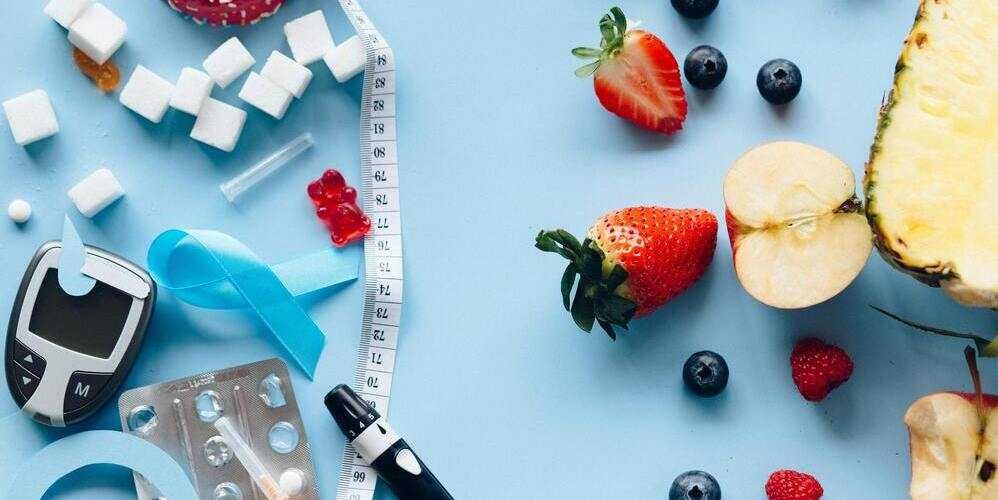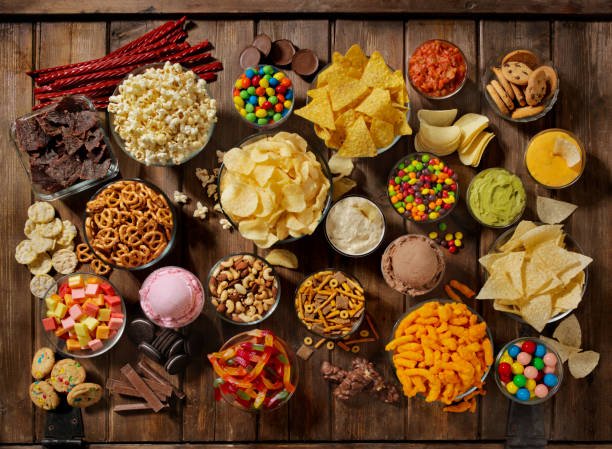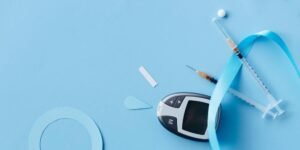
Do You Need to Avoid Sweets to Control Blood Sugar if You Have Diabetes? Common Diabetes Myths
Diabetes is one of the top ten causes of death in the world. Complications are more likely to occur in various parts of the body, making life very inconvenient for many people with diabetes. This article has compiled common myths about diabetes and let us understand them together.
Myth 1: Thin people don’t get diabetes?
wrong! There is no absolute relationship between weight and diabetes. Type 1 diabetes is mostly caused by genetics, and you are not necessarily fat. Although type 2 diabetes is closely related to obesity, you may still get type 2 diabetes even if you are not overweight but have an abnormal diet. diabetes.
Mercedes., professor of preventive medicine at Northwestern University. Mercedes Carnethon said that 1/8 of people with type 2 diabetes are of normal weight, and this group of people is likely to be patients with type 1.5 diabetes. Patients with normal body shape but suffering from diabetes are usually related to genes and lifestyle.

Myth 2: As long as you don’t eat sweets and carbohydrates, you can control diabetes without taking medicine?
wrong! The purpose of taking medicine is to correct abnormalities in blood sugar metabolism and improve insulin function. It is a helper, not an enemy. However, even if they receive drug treatment, diabetic patients should pay attention to their diet and control their blood sugar. The principle for diabetic patients to control blood sugar is to “eat at a fixed time and in a fixed amount.” Overeating or an unbalanced diet will cause blood pressure fluctuations.
If you are still a pre-diabetic patient, you can still avoid deterioration by developing good habits in life, diet, exercise, etc. However, if diabetes has been diagnosed, in addition to controlling the intake of sweets or starchy foods, medication must also be used to control diabetes to ensure that the patient’s condition does not worsen.
Myth 3: If you have diabetes, you must give up sweets completely?
wrong! In fact, it is not that diabetic patients cannot eat sweets. The key is how to eat them so that their blood sugar will not rise suddenly or become too high after eating. In addition to the sweets that everyone thinks of first, such as exquisite cakes or packaged snacks, you must also be careful with natural fruits. Many fruits have high sugar content, such as custard apples and longans.
Diabetic patients do not have to eat all fruits, but should choose fruits with a low glycemic index (GI), such as guava, tomatoes, etc. But don’t forget to control portion sizes just because these fruits have a low GI value and sugar content. Whether it’s high or low sugar fruit, eating the same amount of carbohydrates will ultimately have the same effect.
Each of the following serving sizes of fruit contains approximately 15 grams of carbohydrates:
1/2 medium banana
3/4 cup blueberries
1 and 1/4 cups strawberries
1 cup diced cantaloupe

Myth 4: Diabetic patients who take medication will eventually turn to kidney dialysis?
Won’t! Most diabetic patients who need kidney dialysis do so because they do not follow the doctor’s instructions and have poor blood sugar control for a long time. In the end, they need insulin treatment. By this time, the kidneys have usually suffered irreversible damage, and they need kidney dialysis. To maintain kidney function, this is the main reason why many people believe that kidney dialysis is necessary to administer insulin.
According to information from the National Health Insurance Department, 30% of kidney dialysis patients are caused by diabetic nephropathy. In fact, many large-scale studies have confirmed that long-term stable medication can prevent or slow down kidney disease. Physicians will also be sure to regularly track the patient’s kidney function and adjust the dosage accordingly.
In addition, patients should also develop good living and medication habits to prevent kidney disease, including controlling blood sugar, regular urine testing, and strictly managing blood pressure and blood sugar, in order to slow down the deterioration and development of diabetic nephropathy. Once the problem of kidney disease occurs, you should discuss with your doctor how to adjust your diet and medication.

Myth 5: Increasing insulin dosage makes diabetes worse?
wrong! Complications become serious when they occur! Usually, there are two situations when patients need to increase the dosage of insulin. One is that the patient has insulin resistance, that is, the patient is not sensitive to insulin, so the dosage needs to be increased. The second reason is due to weight gain; increased visceral adipose tissue increases the chance of insulin resistance.
However, because insulin itself promotes fat synthesis, patients using insulin will gradually gain weight over time, resulting in insufficient insulin dosage and the need to increase the injection amount. In order to avoid this vicious cycle, diabetic patients should maintain their weight within the ideal range through exercise and diet control. As long as the diabetic patient does not develop neurological or other complications and is followed up regularly, an increase in insulin dosage does not mean that the diabetes is getting worse.












